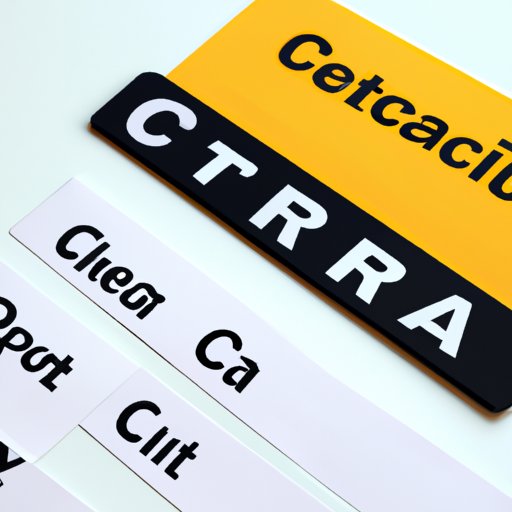
Introduction
Credit cards offer convenient access to funds, but if not used wisely, they can lead to a significant amount of debt. With high-interest rates, credit card debt can quickly spiral out of control, leaving you with a burden that may take years to repay. It is crucial to pay off credit card debt to avoid accumulating interest and getting trapped in a cycle of debt. In this article, we’ll explore various ways of paying down credit card debt.
Develop a Repayment Plan
The first step to pay off credit card debt is to create a realistic budget. Gather your credit card statements and list the outstanding balances and interest rates for each card. Once you have a clear idea of your debt, identify how much you can afford to pay each month towards your credit card debt. Make a payment plan that fits your budget and keeps you on track with timely payments. Sticking to a repayment plan will ensure that you make progress in paying down your debt.
Prioritize High-Interest Credit Cards
List your credit card debts in ascending order of interest rates, with the highest interest card at the top. Prioritize paying off high-interest cards first while making the minimum payments on the others. Once you’ve paid off the high-interest card, allocate that payment amount to the next highest interest card. Keep repeating this process until you have paid off all debts.
Consider a Balance Transfer
A balance transfer involves transferring the balance of one high-interest credit card to another credit card with a lower interest rate. By doing so, you reduce the amount of interest you pay, which can help you pay off your credit card debt faster. When deciding to transfer your balance, it is essential to choose a credit card with lower interest rates and lower fees.
Negotiate with Your Creditors
If you’re struggling to pay your credit card debt, consider negotiating with your creditors. Creditors may offer lower interest rates or more manageable payment plans, making it easier to pay off your credit card debt. Be upfront about your financial situation and ask for their help in finding a solution that works for both parties.
Use Cash Instead of Credit
Using cash instead of credit can help reduce financial dependency on credit cards. Buying items with cash allows you to stay within budget and avoid additional credit card debt. Additionally, using cash can help you develop good financial habits and improve your spending patterns.
Seek Debt Counseling
If you’re feeling overwhelmed with credit card debt, consider seeking debt counseling. Speaking with a financial professional can help you navigate your financial difficulties and provide guidance on the best options for paying off your credit card debt. Debt counselors can also provide budgeting tips and help you develop a financial plan that works for you.
Conclusion
Paying off credit card debt is essential to avoid interest payments and keep your finances in good health. This article provided a comprehensive guide to pay down credit card debt, including developing a repayment plan, prioritizing high-interest credit cards, balance transfers, negotiating with creditors, using cash instead of credit, and seeking debt counseling. Keep in mind that paying off credit card debt requires consistent effort, but it’s achievable as long as you stay committed to your plan.




